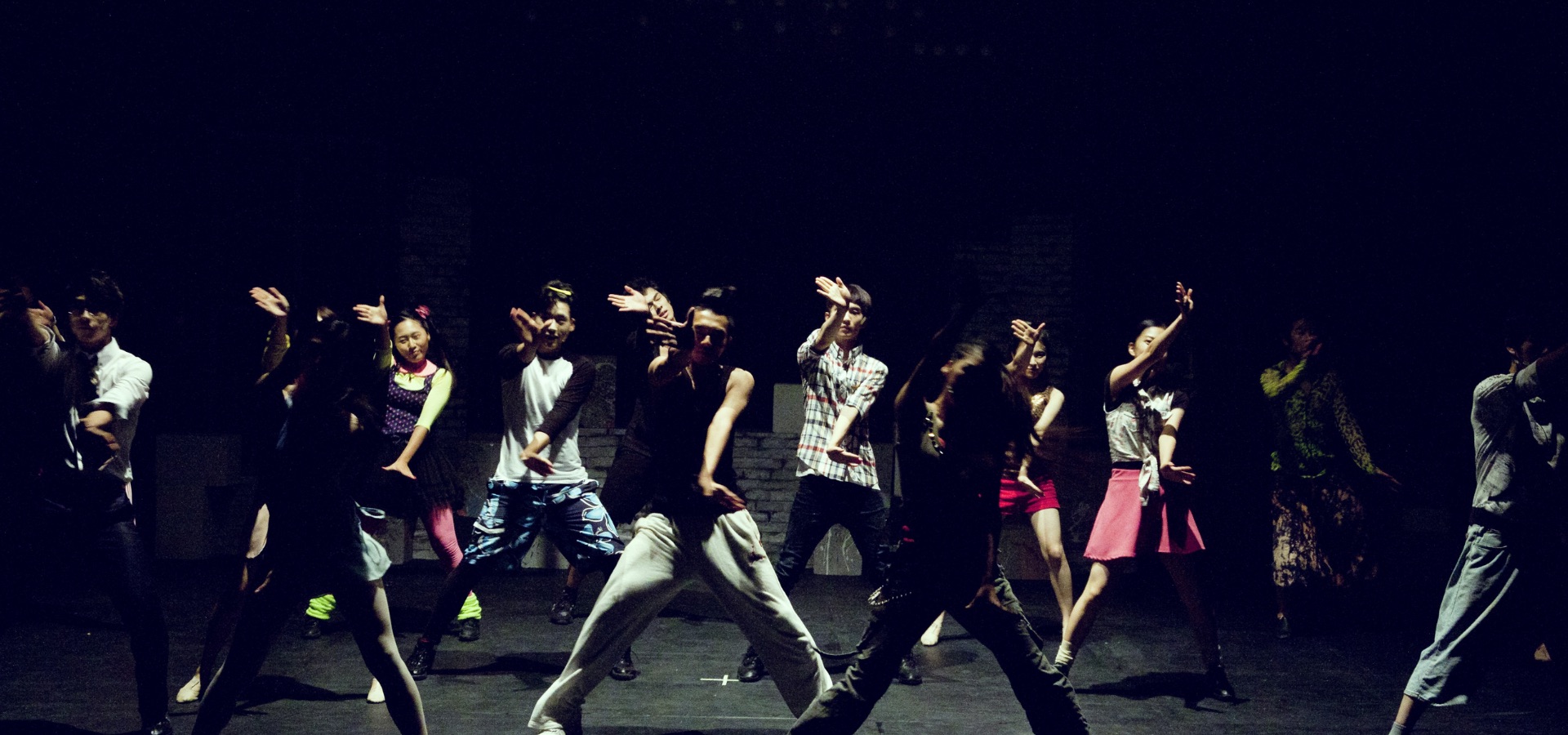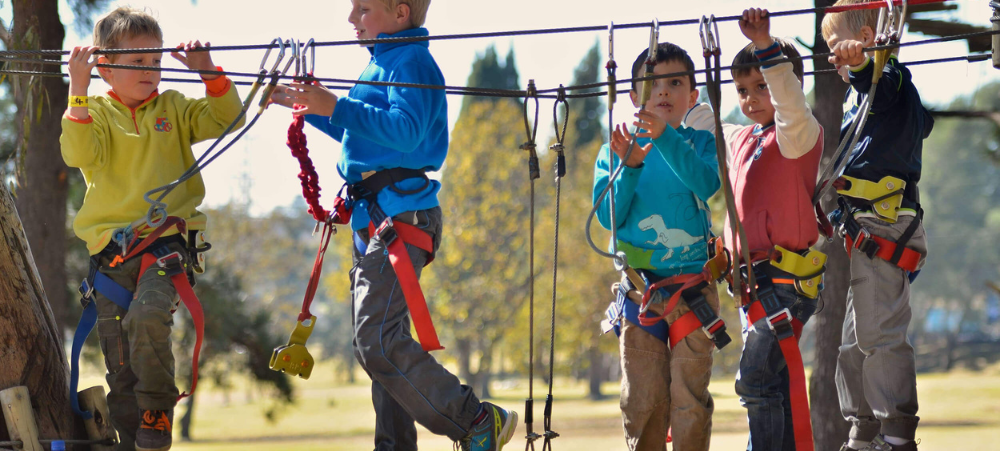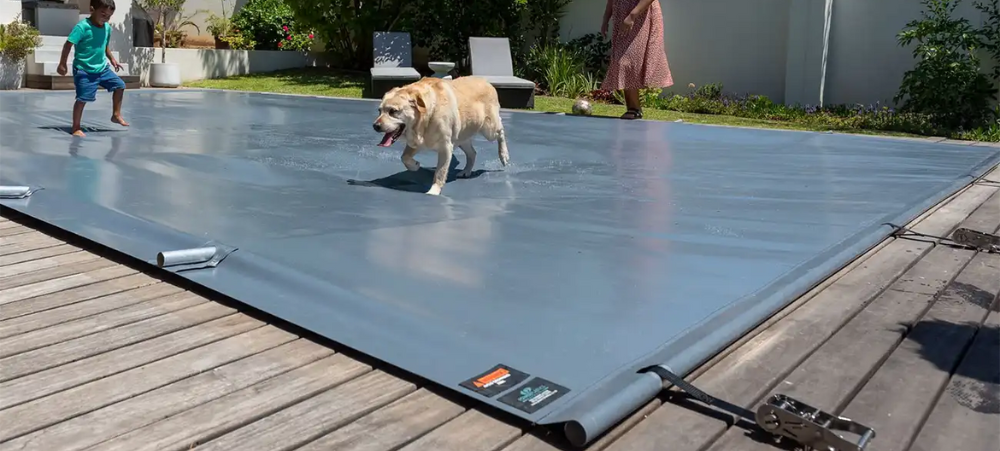So, what is creative expression?
Creative expression allows children to express their feelings and emotions. It allows them freedom to articulate and express their thoughts – to think critically. Creative expression can be many things – it can be painting, dancing, fantasy play, drama, singing, crafts, building with blocks and making music.
Creativity helps with mental growth by giving opportunities to try out new things: a different way of thinking, problem solving as well as discovering their talents and uniqueness.
Creativity is a way of thinking and expressing yourself – a skill we all need! Every child is capable of creativity and is imaginative, we just need to provide opportunities to nurture it and NOT restrain it!
It is very important to have creative spaces both indoors and outdoors to develop and allow for their freedom of expression.
Some ideas of how to nurture creative expression:
Art:
Provide various mediums and encourage children to explore while doing art. Talk about the process and their finished project – be supportive. Children can make art out of anything – scraps of paper, playdough, nature and even mud.
Music / Dance / Singing:
Music brings so much pleasure, as well as important skills – it develops memory, language and rhythm. Use musical instruments and let children experiment. Join in with your children and choreograph a fun/silly dance. Make your own instruments – rice in a plastic bottle, a drum from a tin, anything works, there are no rules just be creative!
Drama / Fantasy play:
Have areas with books, dress up clothes, pillows, blankets, big boxes, anything works – just be creative! Have a microphone, even a make shift one and a stage, children love performing.
Creative Play:
Play is the work of a child. Children must be able to play freely and express themselves freely to ensure a healthy development.
Children learn when they experience the world around them. They need to be actively involved in all they do. They need to see, hear, touch, feel, taste and do things. It is all about the experience.
Activities should be based on the children’s interests and always put your emphasis on the process and not the finished product.
One of the best things you can do for a pre-schooler is to let them be creative with no judgement.
By: Joan Coetzee, Principal of Pecanwood College Pre-Preparatory
We understand that there are many aspects that encompass a Mother, Father or Child and strive toward providing resources and services that accommodates this.
Our content is aimed to inform and educate families on issues starting from pregnancy through to the challenges of the teen-age years.
- Tips for Breastfeeding in Public: Confidence and Comfort - November 20, 2025
- Eskort launches Kiddos: South Africa’s first pork range made just for kids - November 13, 2025
- Putting the Power of Learning in Learners’ Hands During Global Education Week - November 12, 2025





